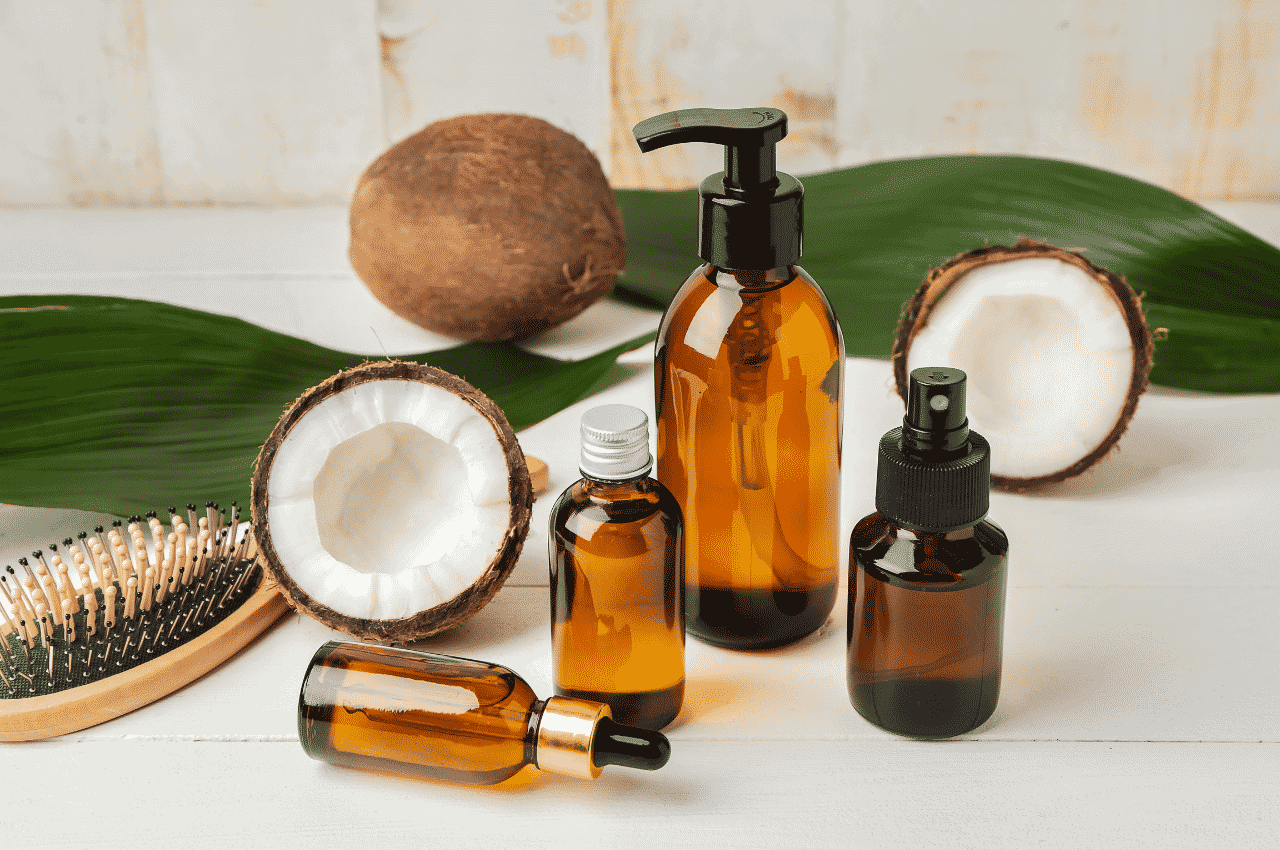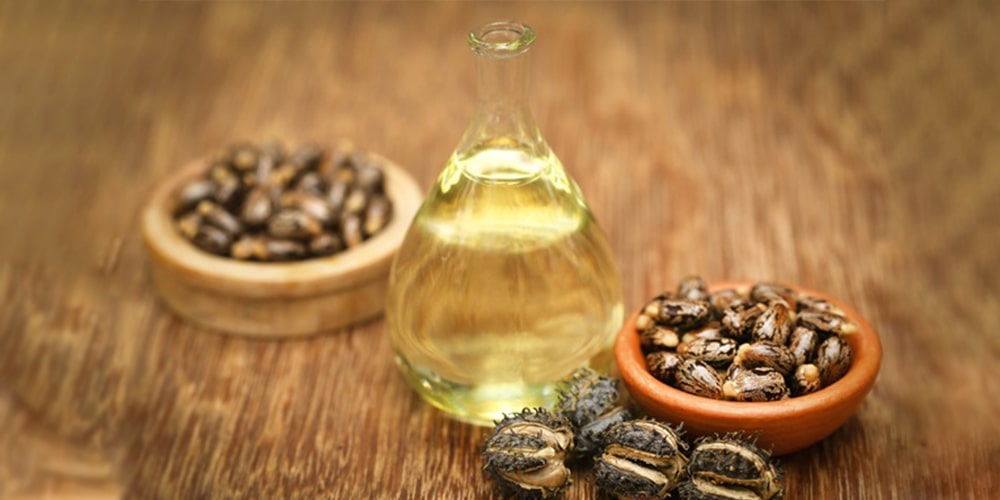Hair oiling is an age-old tradition that has been passed down through generations in many cultures worldwide, especially in South Asia. It’s often touted as a remedy for dry hair, split ends, dandruff, and even hair loss. But how often should you oil your hair in a week to truly reap the benefits? The answer isn’t as straightforward as it seems and depends on several factors like your hair type, scalp condition, and lifestyle. To help you understand the optimal hair oiling frequency, we’ve gathered insights from dermatologists, including experts from Pakistan and the USA, to guide you in building a tailored hair care routine.
Why is Hair Oiling Important?

Hair oiling offers several benefits that can significantly improve your hair’s health. Dr. Ayesha Malik, a renowned dermatologist from Karachi, Pakistan, explains, “Oiling nourishes the scalp, enhances blood circulation, and strengthens hair follicles. It’s particularly beneficial for people with dry or frizzy hair.” Similarly, Dr. Sarah Jensen, a dermatologist from New York, USA, adds, “The right oil choice can protect your hair from environmental damage and add a natural shine. However, overdoing it can clog pores and attract dirt.”
Factors to Consider Before Deciding on Oiling Frequency
The frequency of hair oiling largely depends on the following factors:
1. Hair Type
- Oily Hair: If your scalp produces excess sebum, over-oiling can make your hair greasy and attract dirt, leading to clogged pores and dandruff. In such cases, oiling once a week is sufficient.
- Dry Hair: Dry hair requires more hydration. Oiling 2-3 times a week can help maintain moisture and prevent split ends.
- Normal Hair: For those with balanced hair, oiling 1-2 times a week should suffice.
2. Scalp Condition
If you have a healthy scalp, regular oiling can nourish your hair. However, if you have scalp conditions like seborrheic dermatitis, psoriasis, or fungal infections, consult a dermatologist before oiling.
3. Lifestyle
People exposed to pollution or those who frequently use heat styling tools may benefit from more frequent oiling to counteract damage. However, those who live in humid climates might need to oil less often to avoid excess greasiness.
How to Oil Your Hair Effectively

Proper application is just as important as frequency. Dr. Ayesha Malik recommends these steps:
- Choose the Right Oil: Opt for oils based on your hair’s needs. Coconut oil is great for hydration, almond oil adds shine, and castor oil promotes hair growth.
- Warm the Oil: Gently warm the oil before application to help it penetrate the scalp.
- Massage Your Scalp: Use your fingertips to massage the oil in circular motions for 5-10 minutes. This stimulates blood circulation.
- Avoid Overuse: Use a small amount of oil to avoid weighing your hair down.
- Leave it On: Let the oil sit for at least 30 minutes, or overnight for deeper conditioning.
- Wash Thoroughly: Use a mild shampoo to remove excess oil. Over-washing can strip your hair of its natural oils, so limit shampooing to 2-3 times a week.
Hair Oiling Frequency for Different Goals
For Hair Growth
To promote hair growth, focus on oils like castor oil, coconut oil, and rosemary oil. Dr. Sarah Jensen suggests, “Oiling twice a week with a nutrient-rich oil can enhance follicle strength and stimulate growth.”
For Dandruff
Tea tree oil and neem oil are effective for dandruff due to their antifungal properties. Limit oiling to once a week, as excess oil can worsen dandruff.
For Dryness and Frizz
Dry and frizzy hair benefits from hydration-focused oils like argan oil or olive oil. Oiling 2-3 times a week can lock in moisture and make your hair more manageable.
For Split Ends
If you’re dealing with split ends, apply oil only to the lengths of your hair 2-3 times a week. Regular trimming is also essential to prevent further damage.
Common Mistakes to Avoid
- Over-Oiling: Applying too much oil can clog pores and attract dirt.
- Using the Wrong Oil: Not all oils suit every hair type. For instance, heavy oils like castor oil may not work well for fine hair.
- Skipping Shampoo: Leaving oil in your hair without washing it off can lead to buildup.
- Using Hot Oil: Overheating the oil can damage its nutrients.
Dermatologist-Recommended Oils for Different Hair Needs
Coconut Oil
Ideal for dry and damaged hair, coconut oil penetrates deep into the hair shaft to provide hydration.
Argan Oil
Argan oil is rich in antioxidants, argan oil protects hair from UV damage and adds shine.
Castor Oil
Known for its thick consistency, castor oil promotes hair growth and thickening.
Almond Oil
Almond oil is high in vitamin E, almond oil nourishes the scalp and reduces hair breakage.
Tea Tree Oil
With its antifungal properties, tea tree oil is perfect for combating dandruff and scalp infections.
Cultural Perspective on Hair Oiling
Hair oiling is deeply rooted in South Asian culture. In Pakistan, it’s common for mothers to massage their children’s scalps with oils like mustard or coconut oil from an early age. This practice not only promotes hair health but also fosters a sense of care and relaxation.
On the other hand, in Western countries like the USA, hair oiling is often viewed as a supplementary treatment rather than a regular ritual. “While hair oiling is not as deeply ingrained in American culture, many people are now incorporating it into their routines for its therapeutic benefits,” says Dr. Sarah Jensen.
Scientific Evidence Supporting Hair Oiling
Several studies highlight the benefits of hair oiling:
- A study published in the Journal of Cosmetic Science found that coconut oil reduces protein loss in both damaged and undamaged hair.
- Research in the Indian Journal of Dermatology emphasizes the role of scalp massage in improving blood circulation and follicle health.
Conclusion
The frequency of hair oiling depends on your unique hair needs and lifestyle. While oiling 1-2 times a week works well for most people, those with dry or damaged hair may benefit from more frequent applications. Consult a dermatologist if you have specific scalp conditions or are unsure about the best oil for your hair type.
Incorporating hair oiling into your routine can be a game-changer for your hair’s health. By choosing the right oil and following a proper technique, you can achieve nourished, shiny, and strong hair. Remember, moderation is key — overdoing it can do more harm than good. For personalized advice, don’t hesitate to reach out to a dermatologist near you.
